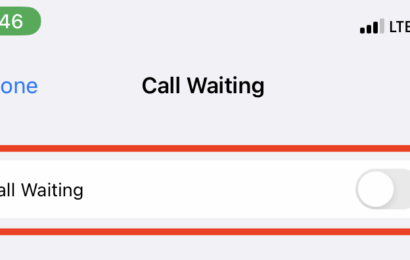Is BlockSite Safe?
Contents
The internet is full of distractions. One moment you’re doing some very productive work. In the next one, you are watching a video of cats roaring like tigers and it’s 3 am. The human proclivity to distractions and the internet’s willingness to provide it had led to the rise of a cottage industry of productivity apps and browser extensions tailored to help you avoid those distractions. BlockSite is one of the better-known ones.
As far as extensions go, BlockSite collects a mind-boggling amount of user data. It has access to every web page you visit and the content on it. That’s how it’s able to block a site, entire categories of sites (social media sites for example), and even specific phrases. In 2018 BlockSite was banned from the Firefox store for being spyware. It’s back now. Does that mean it is out of the woods? The answer is that we might never know. Proprietary programs never release their source code so you have to trust that the company isn’t doing anything nefarious with your data.
Is BlockSite a good app?
As far as doing its job goes, BlockSite is one of the best extensions in its niche. It blocks all distracting, problematic, and unwanted sites. You can even block web pages that contain certain phrases. This allows you to focus on your work without being drawn in by one of the many distractions the internet offers.
If you are a parent, BlockSite allows you to ensure your children have a safe internet experience by restricting the parts of the web they can visit.
But then there’s the flip side of BlockSite. The extension’s terms of service claim its extensive data collection is necessary for its proper functioning. This issue is not unique to BlockSite.
Using many internet services these days often involves trading privacy for convenience. Even using a browser like Chrome now involves forking over mountains of personal data. The question as to whether or not BlockSite is good or not depends on whether you find the tradeoff worthwhile.
Does BlockSite collect data?
Yes. BlockSite collects all kinds of data related to both your device and your internet activity. They store this data on their central servers instead of your device as some companies have started doing.
- Data BlockSite collects on PC
- Browsing history.
- IP address.
- GUID – A unique identification number for your device.
- Browser type, version, and computer operating system.
- Tracker details.
- Transition i.e. how you reach a page. BlockSite records whether you do so by typing in a URL, switching between tabs, or clicking links.
- Browser profile counter.
- Data BlockSite collects on mobile
- Browsing history.
- IP address.
- Device model, screen size, operating system, mobile network code, and browser type.
- List of installed apps and list of apps on the homepage.
- App usage, including duration – BlockSite says this is an aggregate figure that isn’t broken down on an app-by-app basis.
- GUID and IDFA (identifier numbers).
It’s worth noting that BlockSite doesn’t collect information on your installed apps and app usage statistics on iOS, only on Android. This points to them not needing that data. They’re just collecting as much information as they can get away with.
BlockSite insists that it takes appropriate steps to anonymize the data they collect so it can’t be traced back to you. That simply means that anyone snooping around their database can’t tell your data from that of someone else’s but company insiders will always know.
Does BlockSite disclose user data?
BockSite’s 4,000-word privacy policy that few users bother to read boils down to this: “We will not share or disclose your personal data with anybody else except when we decide it’s necessary.” Naturally, the company decides whether sharing your data is necessary or not.
While some exceptions like law enforcement requests almost make sense others are just nonsensical. They consider the enforcement of their own internal policies reason enough to disclose your data. They’ll also use your data as part of their legal defense if you sue them.
BlockSite can also disclose user data to third parties in order to prevent rights violations or the harming of anyone. This provision is worded vaguely enough to be applied to anything. This is from a company that has access to every webpage you visit on the internet.
This is a testament to the increasingly growing divide in the field of digital privacy. On one hand, we have privacy absolutists like Apple which refused to unlock a mass shooter’s iPhone even after the FBI sued them to force compliance. On the other hand, we have BlockSite which will hand over your data to anyone who asks provided they can plausibly justify it.
How BlockSite monetizes user data through ads
You would think that a productivity app like BlockSite would save you from ads but no. They use Google Ad Sense to beam ads to their users and get a cut of the revenue. After test installing the free version of their app, I’m convinced BlockSite uses ads to frustrate you into paying for the premium version.





